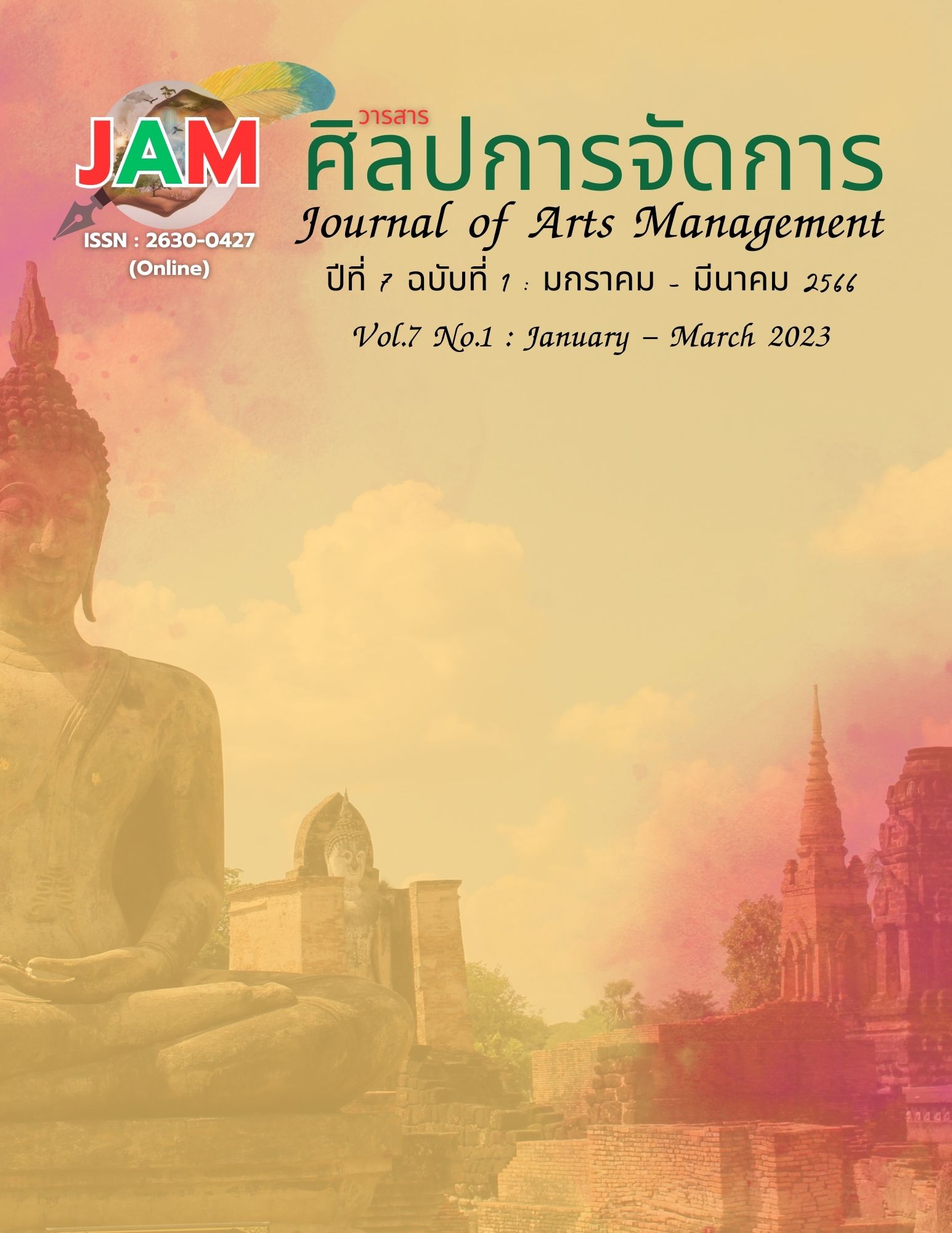The Process of Creating Buddhist and Social Values of Novices With 9 Grades of Pali Studies
Main Article Content
Abstract
The objectives of the research article were: 1) to study factors leading novices to succeed in the 9th grade examination of Pali Studies; 2) to study the process of creating Buddhist and social values; and 3) to propose the process of creating Buddhist and social values. The study employed multiphase mixed methods. At first, the qualitative research method was used, and its data were collected by in-depth interviews with 15 experts and then analyzed by the inductive method. In the second process, the data were collected through group discussions with nine experts and analyzed by the inductive method. After that, the quantitative research method was applied. The data were collected from 30 samples and analyzed by percentage, mean, and standard deviation. The results of the study showed that:
1. The factors leading novices to succeed in the 9th grade examination of Pali studies were that those novices had taught Dhamma and Pali to others, arranged the significance of their burdens, demonstrated effort and tolerance in the study, and had their Buddhist works published.
2. The process of creating Buddhist and social values in the novices who have completed the 9th grade examination of Pali Studies comes from friendships with family members, Iddhipada principles, ability in integration of Buddhism and modern sciences, love of reading, self-training, listening to others’ opinions, and self-inspiration.
3. The proposed processes of creating Buddhist and social values by the novices who have completed the 9th grade examination of Pali Studies are as follows: principles of Kalyanamitta and Iddhipada, incentive and inspiration, online publication of works integrated with theory and practice, creative thinking integrated with belief, team-working, and life-long learning.
Article Details

This work is licensed under a Creative Commons Attribution-NonCommercial-NoDerivatives 4.0 International License.
Views and opinions appearing in articles in the Journal of Arts of Management It is the responsibility of the author of the article. and does not constitute the view and responsibility of the editorial team I agree that the article is copyright of the Arts and Management Journal.
References
Atithammo, P.S. (2017). Administration of Sangha Education. MCU Press.
Buddawong, P.Y. (2014). An Analysis of The Educational Concept of Phrabrahmagunabhorn (P.A. Payutto)[Doctoral dissertation, Mahachulalongkornrajavidyalaya University].
Inthisang, P. S. (2013). The good friend principle of primary school administrators of Bangkok metropolis office of primary education area. Interdisciplinary Research Review, 8(1), 5–17.
Leedy, P.D., & Ormrod, J. E. (2015). Practical research planning and design (11th ed.). Pearson Education.
Mahachulalongkornrajavidyalaya University. (1996). Thai Tripitaka. MCU Press.
Nakorn, C. (2020). A model of self-development for success based on Buddhist psychology of Phrabrahmapundit (Prayoon Dhammacitto). Journal of Social Science and Buddhistic Anthropology, 5(1), 72–84.
National Office of Buddhism. (2010). Award ceremony of the Office of the Distinguished Phra Pariyat Dharma Department 2009. National Buddhism Office printing house.
Pandita, S.U. (1993). In this very life (2nd ed). Buddhist Publication Society.
Payutto, P.A. (2008). Buddhist Dictionary (11th ed.) S.R. Printing Mass Products Company.
Poonkirtmarirng, Y., & Promsit, P.S. (2020). The Kalyanamitta with the development of the quality of life in according to Buddhism. Journal of MCU Nakhondhat, 7(10), 197-208.
Rungchaiwitoon, P.T. (2014). Pattern of human resource development of Sangha administrators for efficiency of Sangha administration. Journal of Language, Religion and Culture, 3(1), 65-88.
Suthon, R. (2013). The necessity of learning the Pali language in the study of Buddhism. MCU Press.
Tan, C.C., & Damnoen, P.S. (2020). Buddhist Noble Eightfold Path approach in the study of consumer and organizational behaviors. Journal of MCU Peace Studies, 8(1), 1–20.
Thepchat, S. (1998). An Analysis Of Teaching Concepts Of Phra Dhammapitaka (P.A. Payutto) for the development of wisdom according to Buddhist Principles[Master’ thesis, Chiang Mai University].


